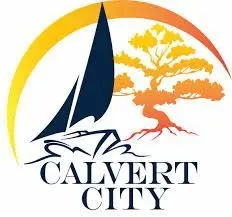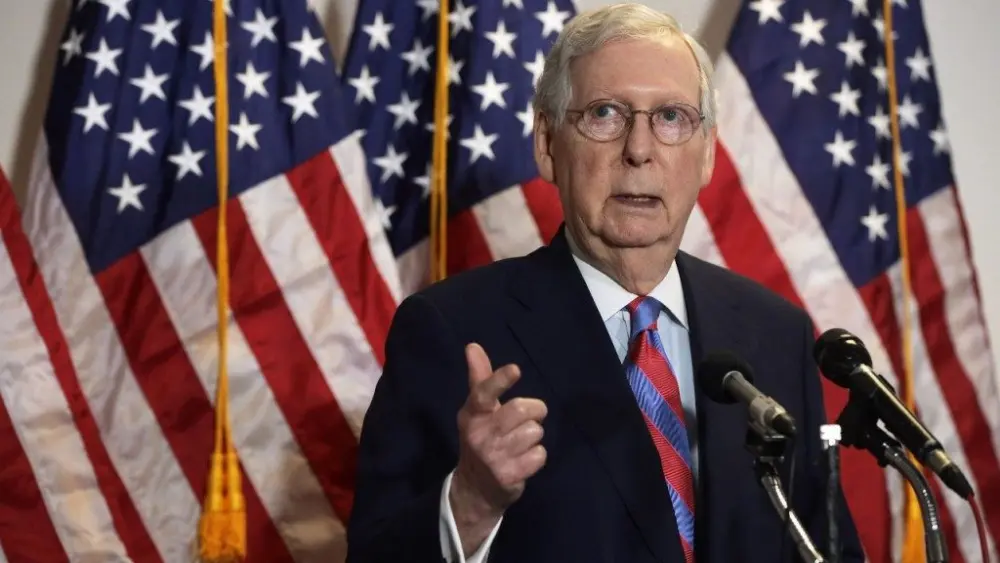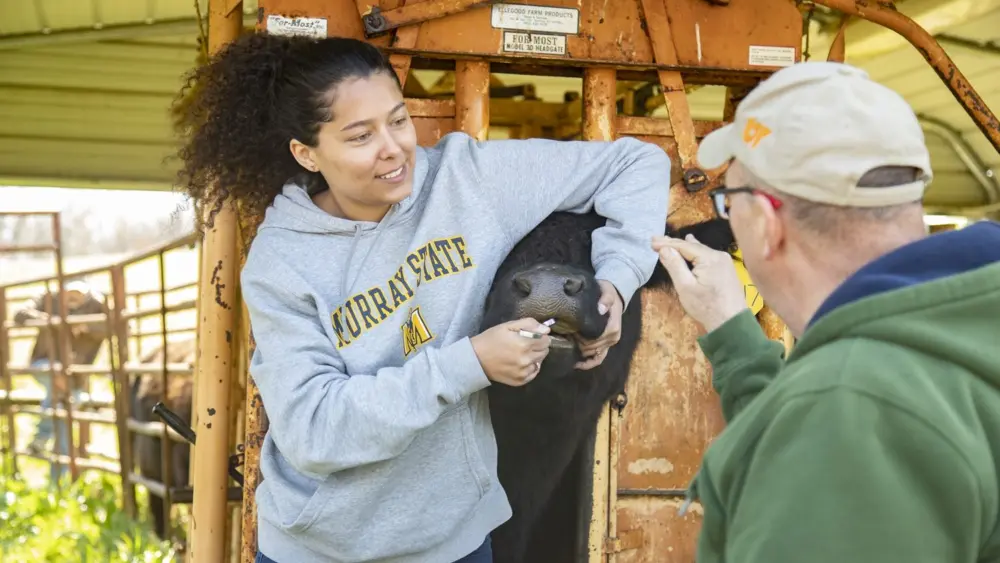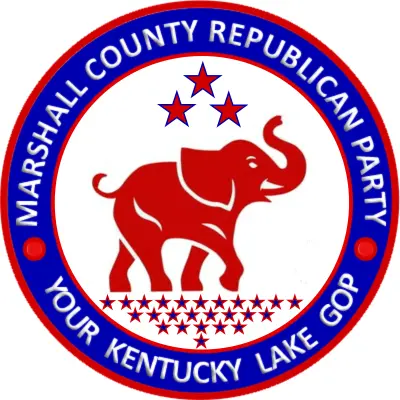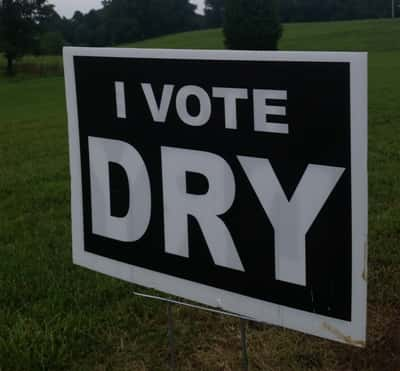 MARSHALL COUNTY – If it ain’t broke, don’t fix it. While it’s true that there is a strong push for the legalization of alcohol sales in the county, many residents like it just the way it is. Sandra Prince Stevenson, 59 of Benton, is one of them. Stevenson, a proud Bentonian, was born and raised there. She doesn’t mind at all that her town closes down early. “That just means we have good citizens who work hard and take care of their families,” she said.
MARSHALL COUNTY – If it ain’t broke, don’t fix it. While it’s true that there is a strong push for the legalization of alcohol sales in the county, many residents like it just the way it is. Sandra Prince Stevenson, 59 of Benton, is one of them. Stevenson, a proud Bentonian, was born and raised there. She doesn’t mind at all that her town closes down early. “That just means we have good citizens who work hard and take care of their families,” she said.
More importantly, Stevenson’s faith guides her, and she said that she can’t in good conscience vote to legalize alcohol sales. Lucas Phelps, 29 of Gilbertsville, agrees. For Phelps, too, it’s a moral issue, and his moral compass is pointing him toward a “no” vote.
“I don’t want to go to the grocery store and my daughter pass by a big Budweiser display,” he said. “I don’t want alcoholics who are trying to conquer their addiction to pass by freezers full of beer. I just don’t want to live in that type of county.”
Stevenson echoes his concern. “I would hate to walk into our local groceries and … have to walk around stacks of beer and all that goes with it,” she said. “It will cheapen the look of our city.”
Similarly, Philip Lyles, 60 of Brewers, believes that the legalization of alcohol sales could produce more crime. He said he heard on the radio recently a local judge-executive who stated that all tax revenue from alcohol sales is mandated to be used on additional law enforcement, which Lyles believes is essentially a concession that alcohol sales increase crime rates.
Additionally, Lyles is satisfied with the county’s tourism as is. “Economically, Marshall County is already one of the richest in the state,” he said, “and advertising I have seen says tourism in the county is growing like it is now.”
Phelps, a married father of three, does not doubt that alcohol sales would usher in more restaurants and increase revenue associated with Kentucky Lake tourism, but he believes the economic boost comes with a moral price tag that is just too high. He referenced the money generated from legalized prostitution as an extreme example in order to make his point.
“Take the Bunny Ranch in Nevada,” he said. “I think it brings in millions alone. But, of course, many people object to prostitution and believe the moral implications are higher than monetary.” He added, “I’m not saying alcohol equals prostitution, by any means, but … that the morality of the subject trumps sales.”
For Phelps, the issue hits close to home. He once witnessed a loved one nearly die from alcohol poisoning, the effects of which left his loved one permanently disabled. “The alcohol ads don’t show … the abusive father hitting his kids when he is drunk, the teenager after a drunk driving accident, that type of stuff,” he said.
The issue goes to the ballot box in a special election on July 28. A similar attempt failed by fewer than 700 votes in 2012.
This article is the second half of a two-part series on the wet/dry vote. Click Here for the first half of the series which contains voter perspectives from the other side of the issue.


